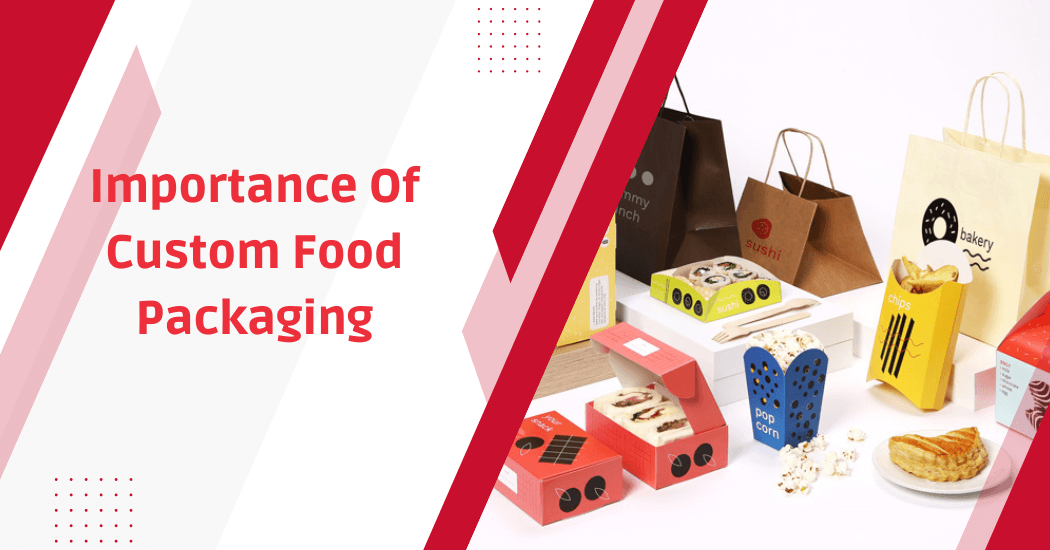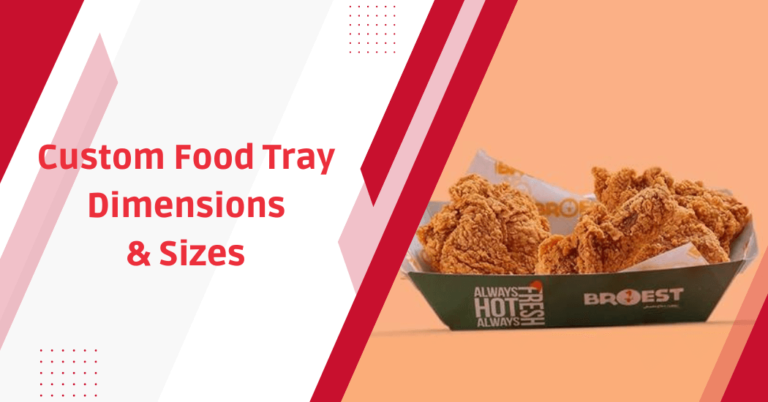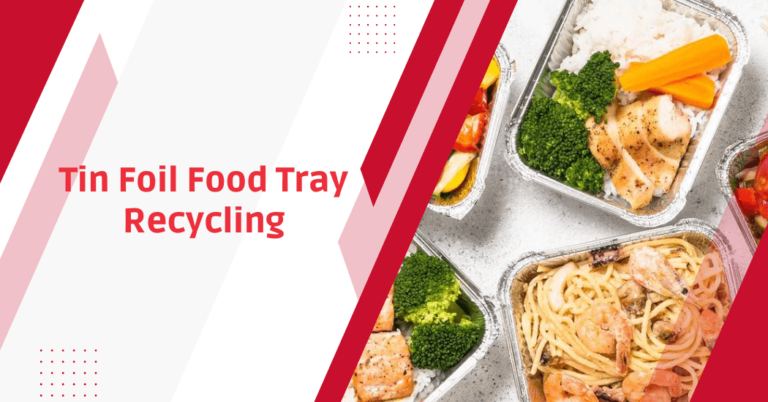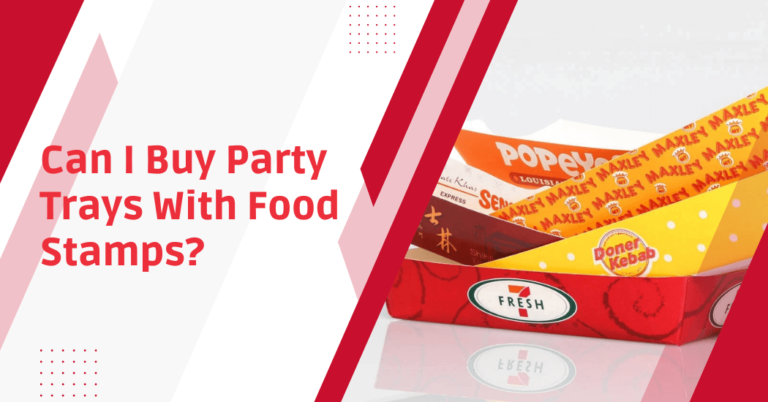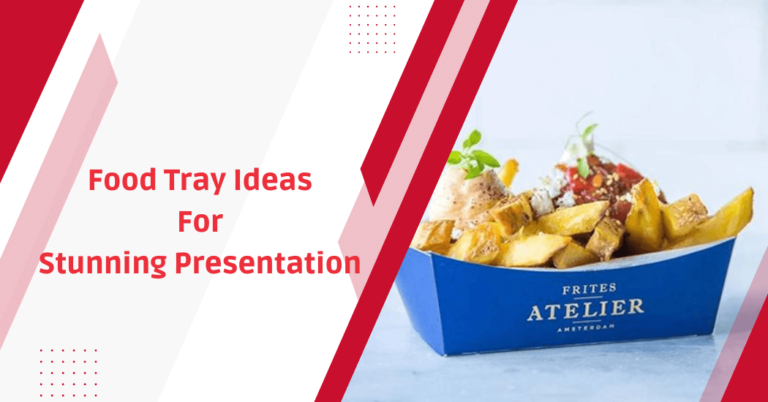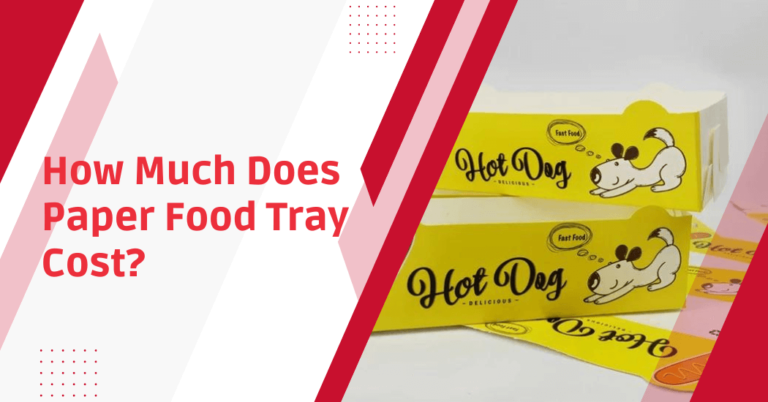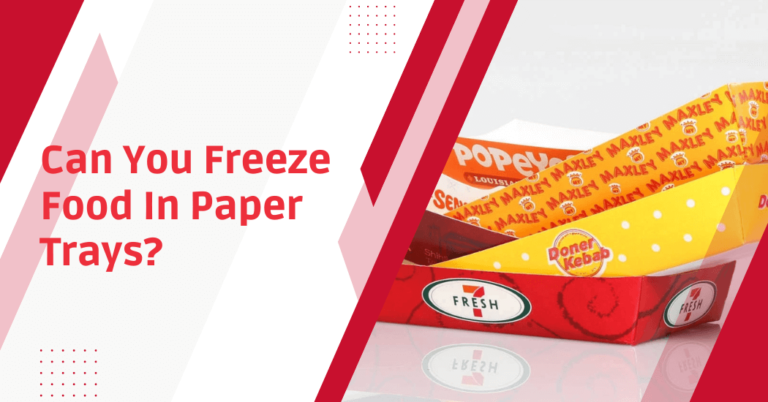How important is food packaging?
Food packaging plays a crucial yet often overlooked role in our daily lives. Whether we realize it or not, the packaging of the foods we eat impacts us in various ways from the moment we select an item off the shelf to enjoy at home.
Food packaging protects products during transportation and storage to keep them safe, fresh and appealing. It helps items last longer so there is less waste.
Creative and informative packaging also influences what we decide to purchase. However, the environmental effects of the materials used must be considered.
In this article, we will explore the importance of food packaging from different perspectives including safety, sustainability and marketing to gain a broader understanding of this ubiquitous but underappreciated part of our food system.
Food Packaging Importance
Custom Food packaging plays a vital role in the modern food industry for several reasons:
- Protection and preservation: Packaging acts as a barrier against contamination and external factors that could spoil the food, such as moisture, light and air. This protection extends the shelf life of products, reducing food waste and ensuring that consumers can enjoy fresh and safe food items for longer periods.
- Convenience: Food packaging offers convenience to consumers and retailers. Easy-to-carry, use and dispose of, packaging solutions like resealable bags or microwavable containers make preparation and consumption more accessible to everyone. For retailers, standardized packaging simplifies handling, storage and display tasks.
- Information: Packaging is a critical medium for conveying essential information about the food product. Nutritional facts, ingredients, expiration dates and cooking instructions are all communicated through food packaging, empowering consumers to make informed choices about their purchases and consumption.
- Marketing and branding: Appealing and distinctive packaging can significantly affect consumer purchasing decisions. It allows brands to differentiate their products from competitors, communicate their brand’s values and create an emotional connection with their audience. In a crowded market, effective packaging design can be the deciding factor for a consumer choosing one product over another.
- Sustainability: With growing environmental concerns, the importance of sustainable food packaging is more pronounced than ever. Consumers and businesses are seeking packaging solutions that minimize environmental impact. Biodegradable, recyclable and reusable packaging options are becoming increasingly popular, pushing the industry toward more sustainable practices.
- Regulatory compliance: Food packaging must adhere to numerous regulations and standards to ensure safety and quality. Compliance with these regulations protects consumers and helps businesses avoid legal issues and potential recalls. Without proper packaging, food products may not be allowed to enter the market, making packaging a critical factor in overall product success.
Benefits Of Food Packaging
In addition to the importance of food packaging, numerous benefits come with using proper packaging solutions.
Some of these include:
- Protection during transportation and storage: As mentioned earlier, food packaging helps protect products from damage or contamination during transportation and storage. This ensures that the food arrives at its destination in good condition and maintains its quality until consumption.
- Reduced food waste: Proper packaging solutions can extend the shelf life of food products, reducing food waste and its associated environmental impact. This is especially important as the world continues to face issues of hunger and food insecurity.
- Improved hygiene: Packaging plays a crucial role in maintaining proper hygiene standards for food products. It acts as a barrier against bacteria and other contaminants, ensuring that the food is safe for consumption.
- Portion control: Individual packaging of food items allows for better portion control, reducing overconsumption and promoting healthier eating habits.
- Convenience and ease of use: As mentioned earlier, proper packaging solutions make it easier for consumers to prepare and consume food products. This convenience also extends to businesses, making handling, storage and display more efficient.
- Better branding and marketing: Eye-catching packaging designs with informative and engaging messages can help businesses stand out in a crowded market, increasing brand recognition and loyalty. It also allows for effective communication of any new products or promotions.
- Reduced costs: While the initial investment in packaging materials may seem costly, it can ultimately lead to cost savings for businesses. Proper packaging can reduce product damage, spoilage and waste, all of which can be costly for businesses.
Challenges in Food Packaging
While there are many benefits to proper food packaging, the industry also faces several challenges that must be addressed:
- Environmental impact: The use of plastics and other non-biodegradable materials in food packaging has significant environmental consequences, such as pollution and harm to wildlife. The industry must continue to find ways to reduce the environmental impact of packaging solutions.
- Consumer perception: In recent years, there has been a growing concern among consumers about the use of certain packaging materials, particularly plastics. As a result, businesses must navigate consumer preferences and demands for more sustainable packaging options.
- Costs: As mentioned earlier, proper food packaging can lead to cost savings in the long run. However, the initial investment in materials and equipment can be expensive for businesses, especially smaller ones.
- Regulations and standards: Compliance with regulations and standards for food packaging can be a challenge for businesses, particularly those that operate in multiple countries or regions with different requirements.
- Innovative solutions: With changing consumer demands and environmental concerns, the industry must continue to find innovative solutions for sustainable and effective packaging options.
FAQs – Importance of food packaging
Why is food packaging considered essential in the modern food industry?
Food packaging is pivotal for protection and preservation, convenience, informational purposes, marketing and branding, sustainability and ensuring regulatory compliance, making it an indispensable element of the food industry.
Can food packaging impact consumer purchase decisions?
Yes, appealing and distinctive packaging can influence buying choices by differentiating products and building an emotional connection with consumers, playing a key role in marketing and branding strategies.
What are regulatory requirements for food packaging?
Food packaging must adhere to various regulations and standards to ensure product safety, labeling accuracy and compliance with environmental regulations.
These regulations vary by region and may cover aspects such as material safety, labeling requirements and environmental impact assessments.
Final Words
Food packaging plays an essential role in the food industry, serving multiple purposes such as protection, information and marketing.
Businesses must invest in proper packaging solutions that not only meet regulatory requirements but also align with consumer demands for sustainability and convenience. While there are challenges that must be addressed, the benefits of effective food packaging far outweigh them.
By prioritizing sustainable and innovative packaging practices, the industry can continue to provide safe, high-quality products while minimizing its environmental impact. So, businesses need to stay updated with the latest trends and regulations in food packaging to ensure the success of their products and contribute to a more sustainable future.
